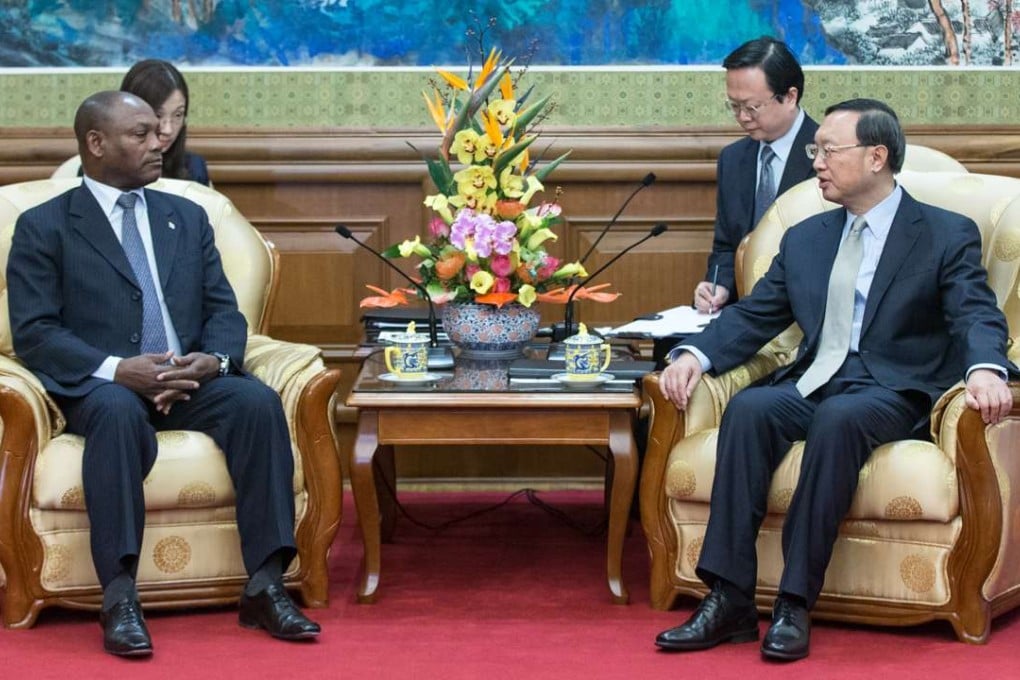Sino File | The African diplomatic ripple that could stir a tsunami for Taiwan
Sao Tome and Principe switched its ties from Taipei to Beijing, and analysts fear another heated contest for international recognition could be in the diplomatic cards

The COUNTRY of Sao Tome and Principe is little known to most people on the Chinese mainland and Taiwan.
Economically, the tiny West African nation, ranked 186th among the world’s top 191 economies in gross domestic product, has little in common with either China, the world’s second largest economy or Taiwan, an Asian economic miracle that ranks 22nd in the world according to the International Monetary Fund.
Politically, the island country with a population of less than 200,000 has little influence on the international stage except for its voting rights at the United Nations and other international organisations.

But the former Portuguese colony recently switched its ties from Taipei to Beijing, a move that might denote a bomb at the heart of a diplomatic battlefield across the Taiwan Strait.
Often small nations try to weigh the economic pros and cons of maintaining diplomatic ties with either Beijing or Taipei. In this case, the switch was an apparent result of Taipei’s rejection of Sao Tome and Principe’s request for US$215 million in aid to help tackle its financial woes.
